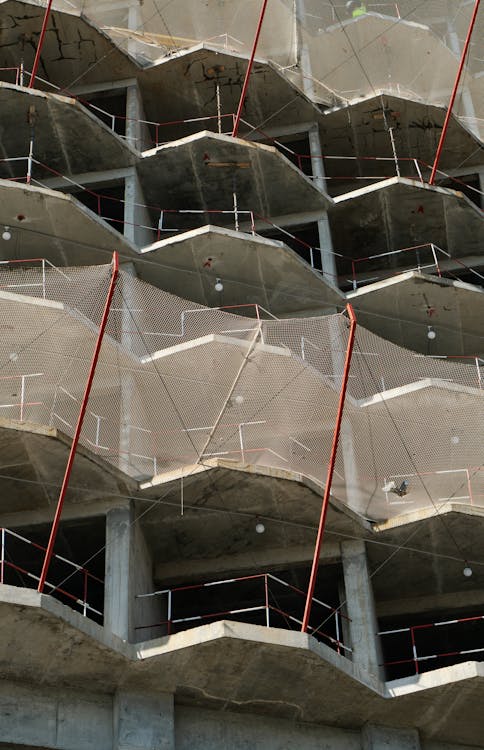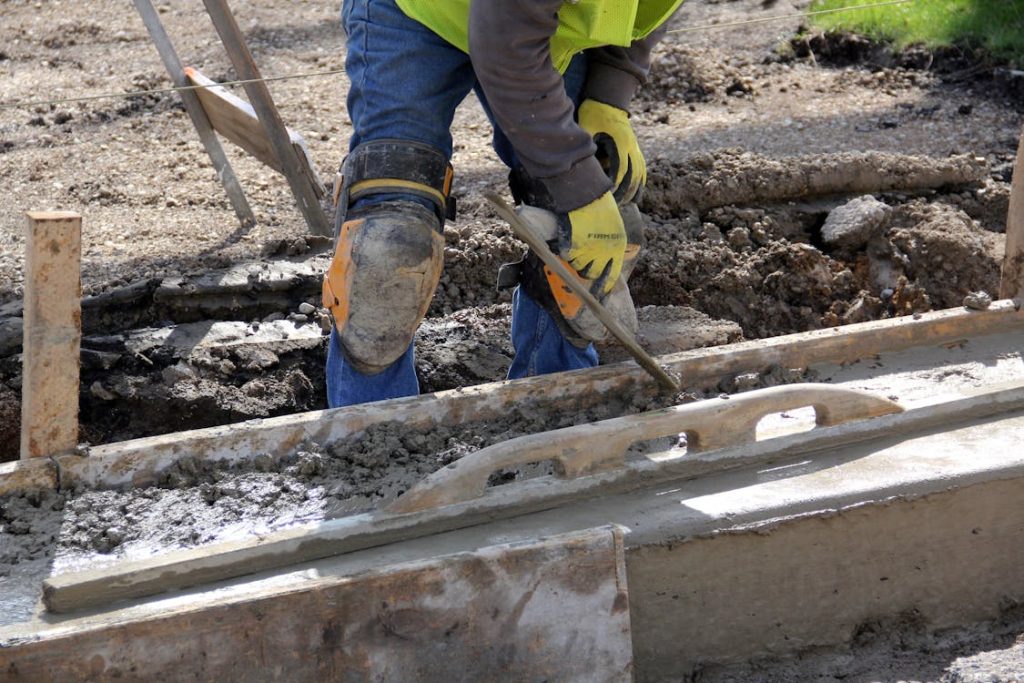G’day! So, you’re planning a building project and keep hearing the term concrete formwork tossed around, eh? Well, mate, if you’re serious about construction—whether it’s a residential build or some big commercial gig—understanding what formwork is and how it plays a role in your project is a must. Let’s break it down and chat about why you’d need a concrete formwork contractor for the job.
What the Heck Is Concrete Formwork?
First things first—what is concrete formwork? It’s basically a temporary or permanent mould that’s used to hold and shape concrete while it sets. Imagine you’re making a cake—you need a cake tin to get that perfect shape, right? Well, concrete formwork is like that cake tin, but for concrete. Once the concrete sets, the formwork can be removed or left in place, depending on the type of system you’re using.
Formwork ensures that the concrete gets poured just where you want it, keeping everything neat, strong, and in line with the design plans. It’s essential for projects of all sizes—from laying a simple slab to pulling off more complex structures like retaining walls or beams.
Types of Formwork
There are a few different types of formwork construction you can use, and each one’s got its pros and cons depending on the kind of project you’re working on.
Traditional Timber Formwork
This one’s the old-school option. It’s made from timber and plywood and is often used for smaller projects or when you need something custom-built to fit unique designs. While it’s pretty affordable, it can be time-consuming to set up, and it’s not the best choice for bigger projects where speed and efficiency matter.
Engineered Formwork Systems
If you’re working on a bigger or commercial job, you’re likely going to hear about engineered formwork systems. These systems are pre-fabricated, typically from steel or aluminium, which makes them reusable and super sturdy. They’re more efficient, especially for high-rise or commercial builds, and the fact that they can be used over and over saves time and dosh in the long run.
Permanent Insulated Formwork
Want something more high-tech? Permanent insulated formwork might be the way to go. It stays in place after the concrete sets, adding some extra insulation to your walls. It’s popular for residential builds because it gives you that added energy efficiency while still providing solid structural support.
Why Is Formwork Important for Your Project?
So, why should you care about formwork? Well, mate, if you want your concrete structures to be solid, safe, and built to last, formwork is essential. It’s what guarantees the concrete takes the right shape and holds together, no matter what you’re building.
1. Structural Integrity
The last thing you want is a weak or wobbly structure. Formwork ensures that your concrete gets the right support while it cures, keeping everything in place until it hardens into a rock-solid piece of your build. Without good formwork, you risk cracking, shifting, or worse—no one wants that kind of drama on site.
2. Time and Cost Efficiency
A well-planned formwork system can save you heaps of time on your build. With quick set-ups, reusable systems, and precise designs, you’ll cut down on labour hours and material costs. And, since proper formwork helps avoid concrete disasters, you’re also saving yourself from costly repairs or rebuilds.
3. Flexibility in Design
Working with a pro formwork contractor gives you a lot more flexibility with your design. Whether you’re after curved walls, fancy architectural details, or massive structural beams, they’ll know how to make the formwork fit your project’s unique needs. That’s the beauty of formwork—it’s versatile and can be adapted to just about any shape or size.
Commercial vs. Residential Formwork

Whether you’re a small-time builder working on residential formwork or tackling bigger commercial formwork projects, the principles are the same, but the scale is different.
- Residential Formwork: Usually involves smaller, custom jobs like driveways, house foundations, or backyard patios. Here, timber or modular formwork systems might be used, keeping things affordable while still delivering a solid finish.
- Commercial Formwork: In commercial projects, you’re often dealing with large concrete structures—think shopping centres, office buildings, or high-rises. These jobs call for more sophisticated formwork systems, like steel or aluminium, to handle the scale and complexity. Using the right system here can make all the difference in keeping the project on time and within budget.
Concrete Formwork for Civil Work Projects
Formwork isn’t just for your average house or office block either. If you’re involved in civil construction—like bridges, tunnels, or highways—you’ll see formwork on a massive scale. Concrete formwork for civil work projects has to be extra tough to handle the sheer weight and size of these structures. Think heavy-duty systems with reinforced steel to ensure everything stays solid and safe.
Why You Need a Concrete Formwork Contractor
Now, you might be thinking, “Can I handle the formwork myself?” Sure, if you’re up for a challenge, but for most folks, hiring a professional concrete formwork contractor is the way to go. These guys have the experience, the tools, and the know-how to get the job done right, saving you from costly mistakes or delays.
Formwork is the backbone of any concrete project, and if it’s not done right, you’re looking at a whole world of trouble. So, leave it to the pros—they’ll make sure everything is sturdy, safe, and built to last.
Ready to Kick Off Your Next Project?
Whether you’re building your dream home, a commercial space, or working on civil infrastructure, formwork is a key part of the puzzle. Understanding how it works and getting the right people on board can make or break your project, mate. So, if you’re serious about getting it right, don’t skimp on your formwork. Reach out to a trusted concrete formwork contractor, and make sure your project’s foundation is rock-solid from the get-go.
Time to get cracking!


